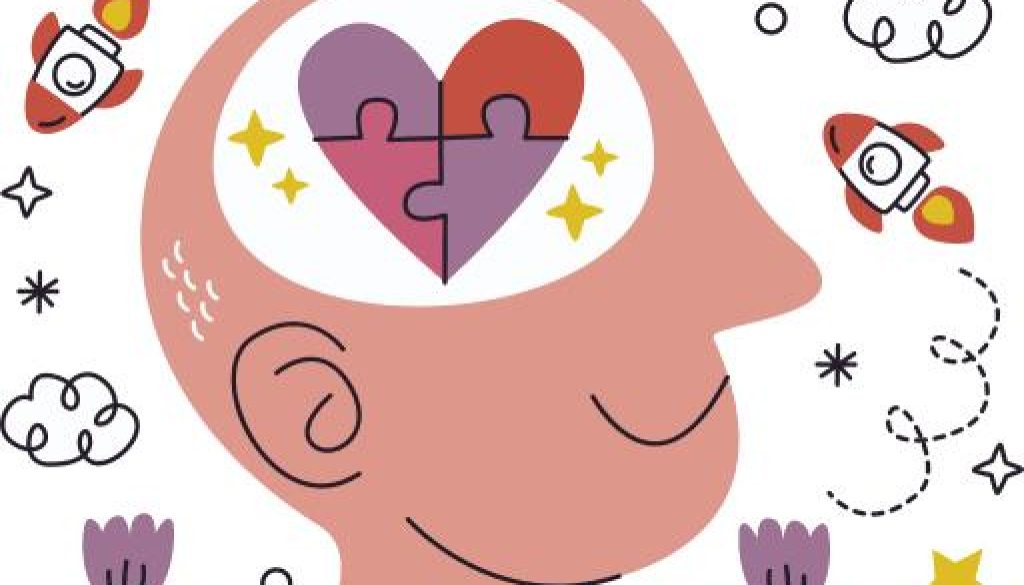The Power of Family: Understanding the Impact on Mental Health
The Power of Family: Understanding the Impact on Mental Health
Family dynamics play a significant role in shaping our mental health, influencing our emotional well-being, and affecting our overall quality of life. The complex relationships within families can either foster a supportive environment or contribute to mental health challenges.
Positive Impact of Families on Mental Health
1. Emotional Support: Families provide love, acceptance, and encouragement, promoting self-esteem and resilience.
2. Stability and Security: A stable family environment helps individuals feel grounded and secure.
3. Social Learning: Families teach essential life skills, values, and coping mechanisms.
4. Network of Support: Families offer a built-in support system during difficult times.
Negative Impact of Families on Mental Health
1. Conflict and Stress: Ongoing conflict can lead to anxiety, depression, and emotional distress.
2. Trauma and Abuse: Family members may experience physical, emotional, or psychological abuse.
3. Dysfunctional Patterns: Unhealthy communication, boundary issues, or enabling behaviors can perpetuate mental health issues.
4. Pressure and Expectations: Unrealistic expectations or pressure to conform can lead to stress and low self-esteem.
Family Factors Influencing Mental Health
1. Parent-Child Relationships: Parental warmth, involvement, and consistency impact child development and mental health.
2. Sibling Dynamics: Sibling relationships can influence emotional regulation, conflict resolution, and social skills.
3. Family Communication: Effective communication styles, such as active listening and empathy, promote healthy relationships.
4. Family History: Genetic predisposition and family history of mental health conditions can increase risk.
Building a Supportive Family Environment
1. Open Communication: Encourage honest dialogue and active listening.
2. Emotional Validation: Recognize and validate each other’s emotions.
3. Boundary Setting: Establish clear boundaries and respect individual needs.
4. Quality Time: Spend quality time together, engaging in activities that promote bonding.
5. Seeking Professional Help: Consult therapists or counselors when needed.
The Role of Parents in Promoting Mental Health
1. Modeling Healthy Behaviors: Demonstrate healthy coping mechanisms and self-care.
2. Encouraging Emotional Expression: Validate and encourage emotional expression.
3. Fostering Independence: Gradually increase independence and autonomy.
4. Providing Structure and Routine: Establish consistent routines and expectations.
The Impact of Family Dynamics on Children’s Mental Health
1. Child Development: Family dynamics influence cognitive, emotional, and social development.
2. Attachment Styles: Secure attachment promotes healthy relationships and emotional regulation.
3. Bullying and Conflict: Family conflict can increase risk of bullying and social struggles.
Breaking Cycles of Negative Family Patterns
1. Recognizing Patterns: Identify unhealthy patterns and their impact.
2. Seeking Professional Help: Consult therapists or counselors.
3. Developing Healthy Communication: Practice active listening and empathy.
4. Building Support Networks: Establish supportive relationships outside the family.
In conclusion
Families have a profound impact on mental health, influencing emotional well-being, resilience, and overall quality of life. By acknowledging both the positive and negative effects, we can strive to create supportive family environments that promote mental wellness.



